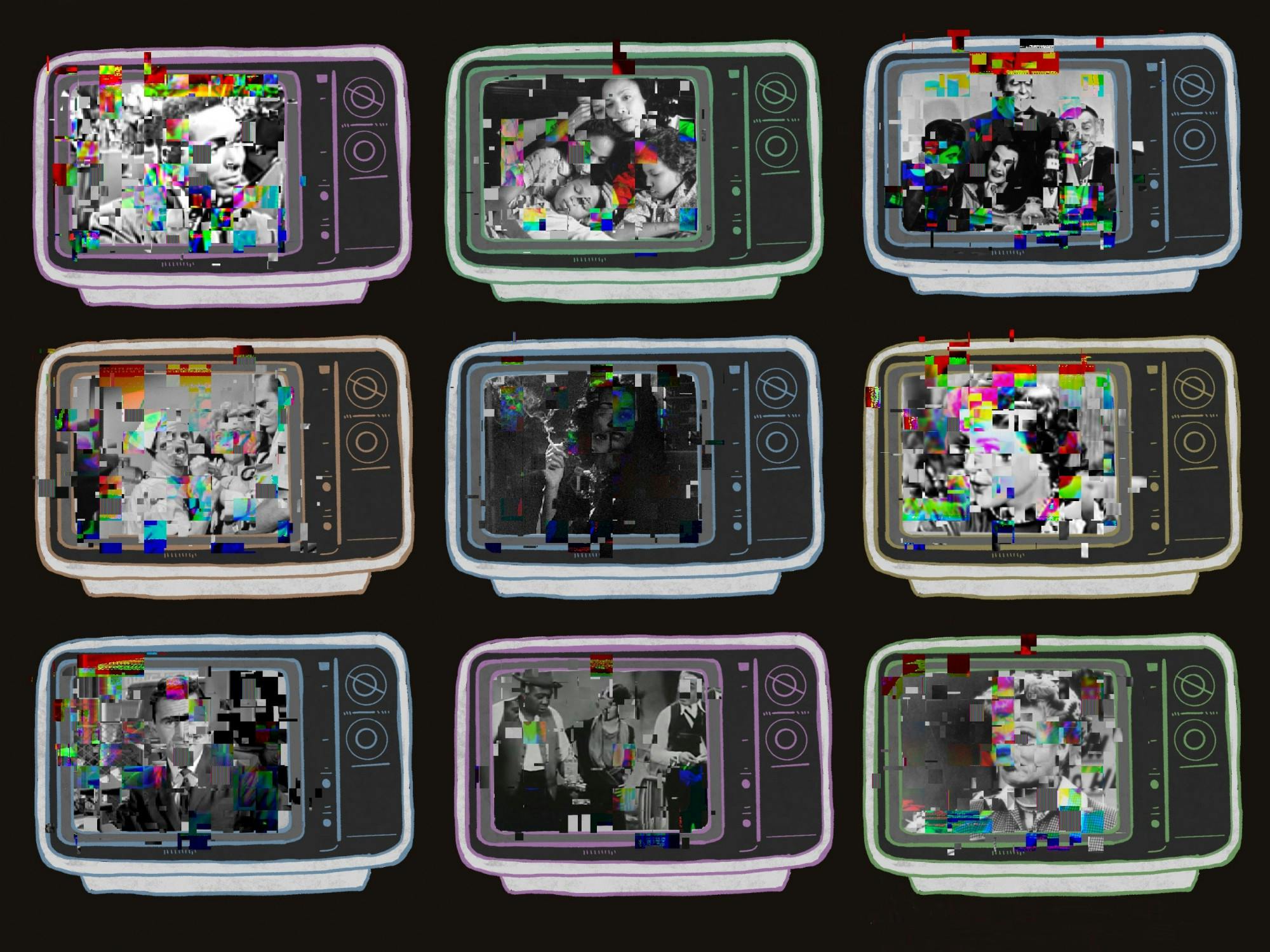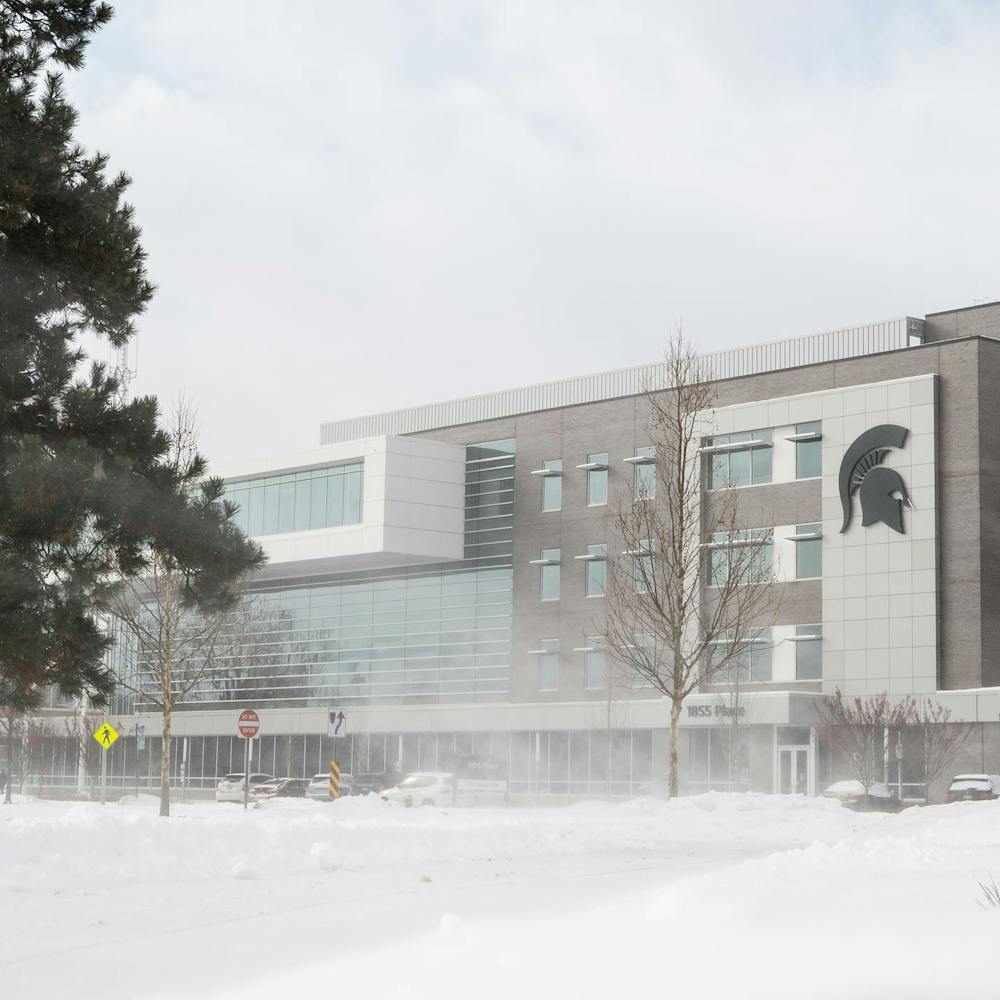Representation is the creation of equality and understanding. However, African American voices and stories have been silenced throughout history.
Society is desperately trying to catch up with African American trauma to understand it, but human development and family studies senior Chloe Moore — the president of Black Media Entertainment at Michigan State University — is done waiting for society to catch up.
"If you don't have multicultural perspectives in anything you do, it shouldn't be made," Chloe Moore said.
The creation of new wave Black American representation was made to create solidarity between the producers of different races and to understand the struggles of a whole community. However, the way these movies and documentaries dictate the narrative can be dramatized.
While these content creators may believe it is their way of seeing and hearing these stories, Chloe Moore said the African American community is tired of reliving and even acting out the trauma they experienced.
"We don't want to act it out on screen," Chloe Moore said.
Treasurer of Black Media Entertainment Lily Cross said that instead of depicting traumatic experiences on television, the uniqueness of having different characteristics across the community should be embraced.
"A lot of these traumatic things we experience don't have to be put into media as that is," Cross said. "It can be changed to show how we can grow from it, what we make of it and how we just learn to love our struggles and become better versions of ourselves ultimately."
When navigating the world of African American media, there are still standout stars. Chloe Moore emphasized the importance of Denzel Washington, Viola Davis and Regina King as actors leaning toward roles that allow the community to be heard authentically in mainstream media.
Another standout source of Black media is the HBO comedy series "Insecure" starring comedian and actress Issa Rae. The story follows two best friends going through the motions of their everyday lives and facing their insecurities in awkward ways. "Especially as millennials, we do resonate with 'Insecure' because it's funny and drama-free, where you don’t have to think about Black Lives Matter or shootings and we can relate," Chloe Moore said.
Even children's media has evolved over the years, Cross said.
Cross said new Disney and Pixar movies like "Encanto" and "Raya and the Last Dragon" have included new cultures the children's companies had not explored before. She said these movies symbolize a childhood that many older generations missed out on when not being represented in their favorite cartoons.
However, mainstream media does not end with streaming platforms. It also includes news and journalistic representation of the African American community. The problem with mainstream news is generalizations, Daniela Bondekwe, a neuroscience sophomore and Her Campus writer said.
"Journalism has had moments where it has depicted African Americans in a negative light and often has thrived off of African Americans' negative experience … to reiterate some stereotypes," Bondekwe said.
Bondekwe said she is most concerned about the effect this creates on those who have never actually interacted with the African American community, the feeling of confirmation bias and connection with a whole group of people they make no effort to know beyond the stereotypes.
She said giving African Americans a platform to express themselves is the beginning of the solution. However, while this points the media in the correct direction, it also gives the African American community responsibility many did not ask for in society.
"Being a Black woman, I have a lot of power to influence and show other Black girls growing up that they can do whatever they want, and grow and express themselves,” Bondekwe said. “Then there’s another part of me that I want to have the freedom of just expressing myself without feeling I have to carry the voices and be strong for a whole community.”
Journalists like journalism freshman Maya Moore want to cover dynamic stories while also caring about her community and keeping attention on important topics like the Black Lives Matter movement.
"Once we shift attention off specific topics, a lot of that momentum in a movement also goes down, especially when you are not affected by this movement," Maya Moore said.
Maya Moore said social media could be an effective new tool to represent Black stories in an authentic way. She said with the ability to capture videos and photos of slices of African American life, the truth and accuracy can also be caught with a simple cell phone.
Support student media!
Please consider donating to The State News and help fund the future of journalism.
Reflecting on the MLK "I Have A Dream" speech that defined the beginning of Black representation, the freedom of the press and speech has changed and evolved with these platforms to reach even larger audiences in a shorter span of time, Maya Moore said.
"You don’t even have to provide a speech to reach an audience," Maya Moore said. "You can draft up a post and you can reach millions."
While the ability to post harmful things about these inspirational movements is also recognized, the bottom line is that the platform creates representation where mainstream media has never seen before.
"Find people that aren’t the golden Black person or the golden title," Cross said. "Just finding people in the community and the world and knowing that they have a story of their own no matter what they do or how they’re recognized in society. I think that's a beautiful part of Black storytelling is that everyone has their unique touch."
Chloe Moore said progress has been made in representation just based on the organization of Black Media Entertainment existing in wide appeal on campus, with creatives being able to produce content for themselves and others when it would be unheard of in the not-so-distant past.
Chloe Moore said what it means to really strive for full representation of the true African American community: education and awareness.
"Educate, educate, educate," Chloe Moore said. "Do not expect Black people to educate (you) because we’re Black. We are not responsible of teaching you things when there are resources out there. … 'I don’t know' is not really a reasonable excuse because there are so many ways to educate yourself. Even educating yourself on the proper knowledge is being a proper advocate."
This story was in our Jan. 11 print special edition. Read the full issue here.
Discussion
Share and discuss “The fight for African American representation in media ” on social media.







